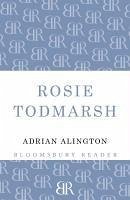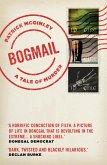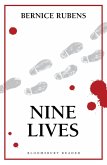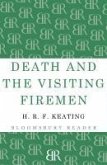Rosie took herself off to the pub. She had to escape from the supercilious highbrows on whom she was billeted. To them she was "common," middle-aged and homeless. She knew that, but nevertheless she was happy. She still had her memories and she still had young Joe, her Air Force officer son. Rosie's childhood was spent in the carefree atmosphere of the theatre, with Dad (a Comedian) as hero. She had a bad time after his death with her mother's melancholia and the contempt of her sister (who had successfully snared a peer as a husband). After that came the best years of her life-her marriage with old Joe, landlord of the Crown, a big boisterous fellow, but the most gentle, unselfish husband any woman could imagine. The last war ended their happiness. Old Joe was killed; their son was born soon after. From that moment nobody and nothing mattered except young Joe. She was dead set on making a gent of him. She skimped her little luxuries to send him to a "posh" school. What wonder that they gradually grew apart, that he seemed to prefer "high life" and a chromium-plated flat to his homely mother and the old-fashioned Crown? Then came the second war and his enlistment in the Air Force. Rosie sat in the pub thinking how her life had changed; bombed out of the Crown, her livelihood gone, an unwanted evacuee. But everything was all right, for young Joe would come on leave. The war and the R.A.F. had brought him back to her.
Bitte wählen Sie Ihr Anliegen aus.
Rechnungen
Retourenschein anfordern
Bestellstatus
Storno









